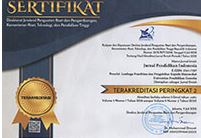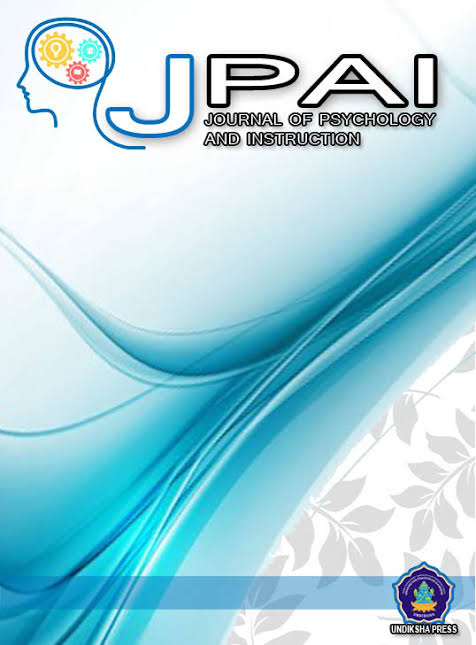Developing A Course Book of F&B Service for Enhancing Instruction in Tourism Class
DOI:
https://doi.org/10.23887/jpai.v5i3.64999Keywords:
Self-Efficacy, Speaking Performance, Linear Regression ModelAbstract
The purpose of this research is to develop a product and this research uses the research and development method level I from Sugiyono (2019). The steps in developing this research are (1) Potential and problems (2) Literature study (3) Gathering information (4) Design product (5) validate product (6) Design is assessed. The instruments used in this research were observations sheet, lists of interview, and questionnaires. The observation sheet was used to observe the needs and problem that facing by the vocational school students. The lists of the interview were used to make sure the needs of teachers and students. And the questionnaire was used for product validation/product valuation by experts. Based on the recapitulation of experts’ judgment validation, it showed that the developing course book of food and beverage services obtained the best category with score 116 obtained from the first expert, 120 obtained from the second expert, and 123 obtained from the third expert, so the mean score is 119,6. It can be concluded that the mean score is greater than 104.88 with the best category, so the material developed is valid or gets the best category and suitable for students, but there are some points that must be revised based on comments from experts
References
Awasthi, J. R. (2006). Textbook and Its Evaluation. Journal of NELTA,11(2),pp1-10.Retrieved on http://www.nelta.org.np/journals/2006.pdf
Azarnorosh, M & Ganji, M. (2014). ESP Book Evaluation :The Case of Management Course Book International Journal of Secondary Education, 2(4), pp 61-65.
Depdiknas, 2008. Panduan Pengembangan Buku Ajar. Jakarta: Depdiknas.
Indrasari, N. (2015). English for Specific Purposes: A Need Analysis at The
Second Semester of Physics Education Students of IAIN. English Education: Jurnal Tadris Bahasa Inggris, 9(1).
Kristianto, A. 2017. Pengembangan Buku Cerita Anak Berbasis Pendidikan Lingkungan Hidup untuk Pembelajaran Membaca Siswa Kelas Bawah. Skripsi: Universitas Sanata Dharma Yogyakarta.
Richards, J.C. (2001). Curriculum Development in Language Teaching. Cambridge: Cambridge University Press.
Rynanta, R.A.C & Ruslan, S. (2013). Content Analysis on the English Textbook
Entitled English in Mind Starter (Student’s Book). (online). Retrieved on http://jurnalonline.um.ac.id/data/artikel/artikelCC81D1EBABB7A5D03EFE626A478813E1.pdf.
Ronaldo,O.(2016). Teaching material for English Subject in Vocational High School.Proceedings of the Fourth International Seminar on English Language and Teaching (ISELT-4).
Sugiyono. (2019). Metode penelitian & Pengembangan. Bandung : Penerbit Alfabeta.
Tomlinson, B. (2011). Materials Development in Language Teaching. Edinburgh: Cambridge University Press.
Widodo, P. & Pusporini, R. (2010). Materials Design: English for Specific Purposes (ESP): Published by LINCOM GmbH.
Yilmaz, H & Aydin, S. (2015). A brief Review of Literature on EFLTeachers’ Perceptions of Course Books. InternationalJournalof Teachinical Research and Applications, 30.110-114.
Downloads
Published
Versions
- 2023-08-04 (2)
- 2023-07-09 (1)










